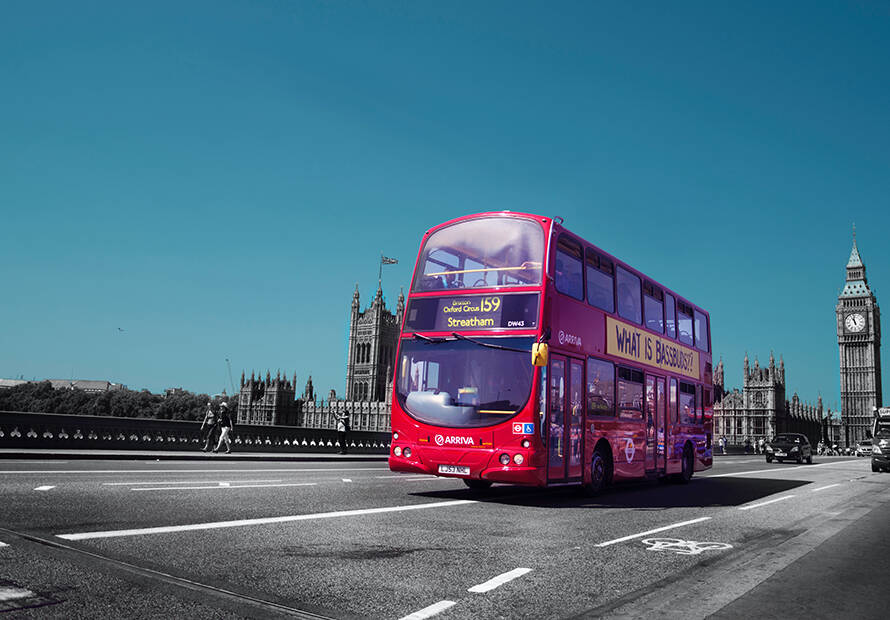“There is nothing more essential to life than air”
The World Health Organisation have updated their air quality guidelines and implored national and local governments to put them to use to save lives, support healthy communities, and help address the climate crisis.
This is the first review of the guidelines since 2005 and is a result of new evidence on the medical impacts of air pollution, even at low concentrations. Air pollution contributes to 7 million deaths per year globally (ambient and indoor) and is described by the WHO as the single most important environmental risk factor for health.
Compared to the previous guidelines, some are significantly more stringent. The guideline for fine particulate matter (PM2.5) was halved; reducing from 10 to 5 micrograms per cubic metre of air. The guideline for annual average nitrogen dioxide concatenations was quartered; reducing from 40 to 10 micrograms per cubic metre of air. Yet in 2019, more than 90% of the global population lived in areas where concentrations exceeded the 2005 WHO air quality guideline for long term exposure to PM₂.₅
The guidelines are not mandatory but are designed to provide a practical tool and robust evidence base for decision-makers. The WHO hopes that nations will adapt their health and environmental policies accordingly and take enhanced and immediate action towards these new guidelines. According to a rapid scenario analysis performed by WHO, almost 80% of deaths related to PM₂.₅ could be avoided in the world if the current air pollution levels were reduced to those proposed in the updated guideline.
Further information can be found at https://www.who.int/news/item/22-09-2021-new-who-global-air-quality-guidelines-aim-to-save-millions-of-lives-from-air-pollution
Lucy Parkin, Director of ESG, Kleanbus





